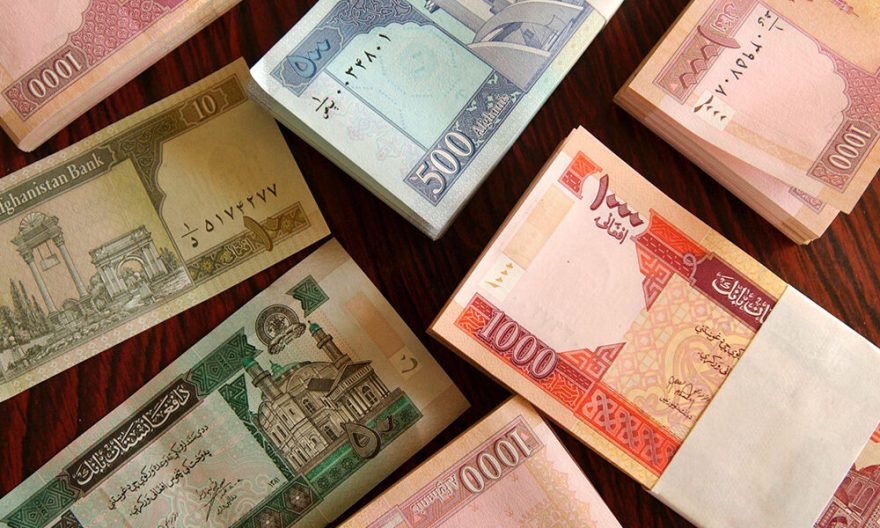The United Nations Secretary-General’s quarterly report reveals that Afghanistan’s revenue reached $1bn in 4M24, representing an 11% increase compared to the same period last year. This growth surpasses the projected target by 3%, largely due to a 30% rise in revenue from the Revenue Department. However, there was a 2% decline in customs revenue during this period.

Despite this revenue increase, the report highlights a substantial shortfall in humanitarian aid. As of August 30, only 24.9% of the required $2.9bn for humanitarian assistance has been secured. The report indicates that 23.7 mn people in Afghanistan are expected to require humanitarian aid by the end of 2024.
Economic expert Shams-ur-Rahman Ahmadi noted that Afghanistan’s domestic revenue has significantly increased over the past three years, reaching several billion dollars. He emphasized the need for these funds to be allocated towards job creation and infrastructure development. Another expert, Mir Shakib Mir, cautioned that the reduction in international aid might worsen poverty and negatively impact household economies, stressing the need to prioritize aid to bolster Afghanistan’s economic infrastructure.
The Ministry of Economy has emphasized the critical need for continued international support to aid the country’s economic recovery. Abdul Latif Nazari, Deputy Minister of Economy, has called for an increase in both the quantity and quality of aid, urging international organizations, including those affiliated with the UN, to enhance their support for the Afghan people.
The World Food Program previously reported that 12.4 mn people, including a significant number of women and children, require urgent assistance. Due to funding shortages, only 1 mn people are currently receiving aid.
Follow Daryo's official Instagram and Twitter pages to keep current on world news.
Comments (0)